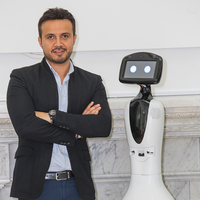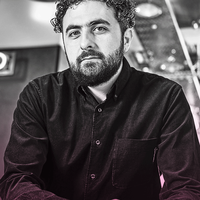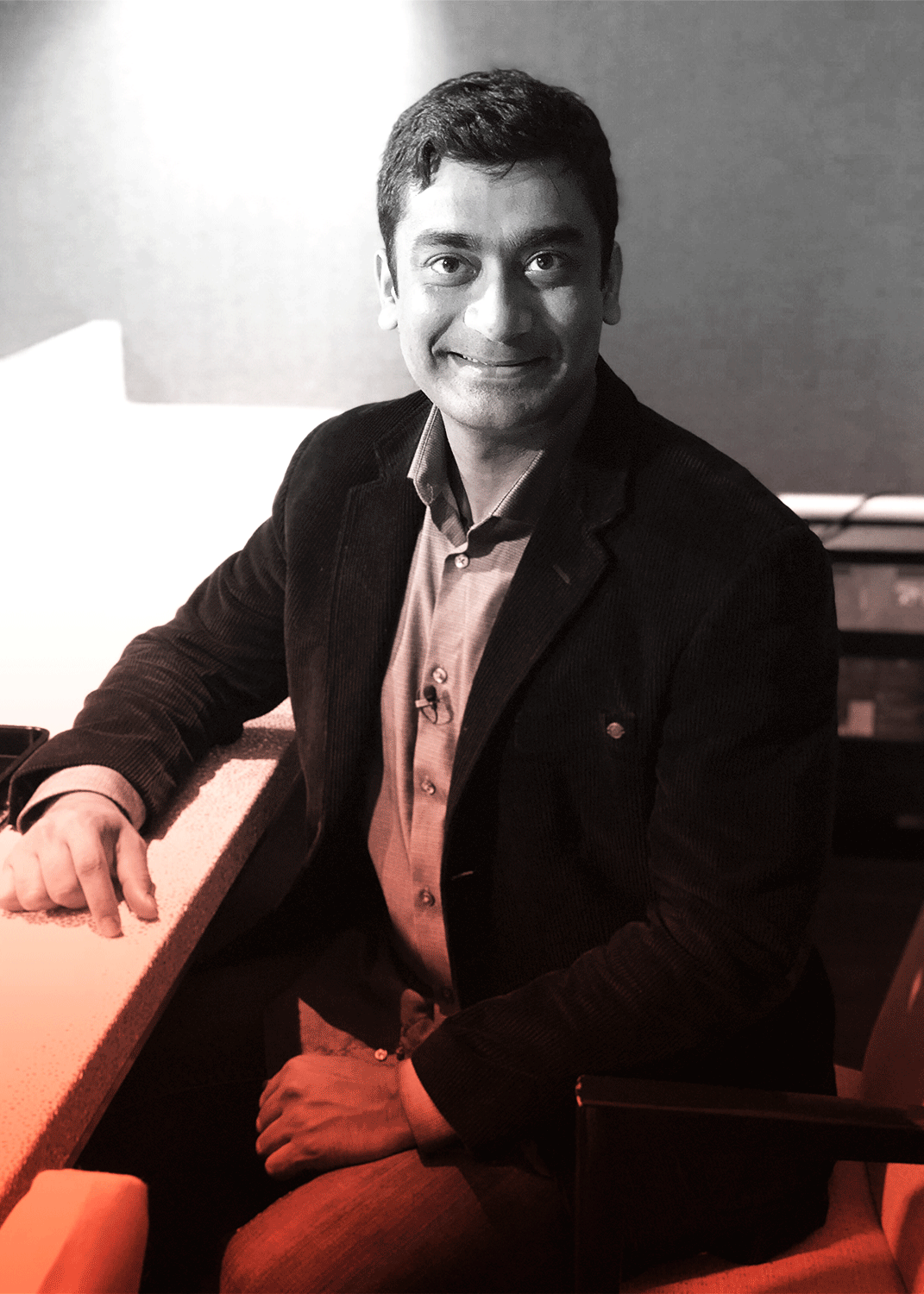Artificial intelligence & robotics
Ashutosh Saxena
When his smart speakers didn’t work as well as hoped, he built a better system.

Latin America
Aldo Luévano
His domestic robot will serve as a personal assistant for any person or company

China
Zhiyuan Liu
A unified representation framework that bridges the gaps between data-driven language and symbol-based knowledge

China
Liang Xu
Operating an AI disease prediction program in large cities in China with an accuracy rate of 90%

Global
Mustafa Suleyman
Working to alleviate human suffering through AI.
